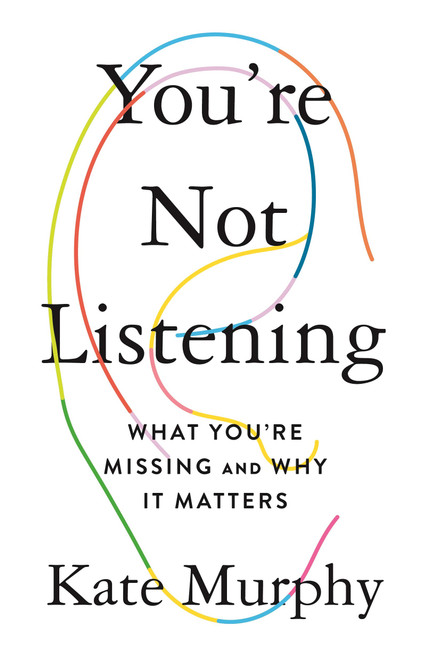What's the best way to ensure that grading policies are fair, accurate, and consistent across classrooms? How can schools transition to a grading system that better reflects what students are actually learning? Tim R. Westerberg makes this journey easier by offering a continuum of options, with four "destinations" on the road to improved grading and assessment. Destination 1 critically examines such popular grading mechanisms as the zero, extra credit, the "semester killer" project, averaging, mixing academic performance with work ethic, and refusing to accept late work, and explains how they undermine objectivity and instead result in widely divergent grades for comparable workwith major consequences for students. Destination 2 invites educators to put assessment and grading into the larger context of a districtwide guaranteed and viable curriculum and lays out the organizational conditions and necessary steps to accomplish this goal. Destination 3 brings parents and others on board with a multiyear implementation plan and community engagement strategies for introducing report cards that indicate student achievement by standards rather thanor in addition toletter grades. Destination 4, competency-based education, involves a total rethinking of the nature and structure of school, leading to individualized education for all students. However far they choose to go, administrators and teacher leaders can turn to Charting a Course to Standards-Based Grading for the quick wins and long-term support and guidance they need to make the trip well worth the effort.
Charting a Course to Standards-Based Grading: What to Stop, What to Start, and Why It Matters
ASCD
MSRP:
Was:
Now:
$12.49 - $37.77
(You save
)
(No reviews yet)
Write a Review

Write a Review

ASCD
Charting a Course to Standards-Based Grading: What to Stop, What to Start, and Why It Matters
- SKU:
- UPC:
- 9781416622635
- Maximum Purchase:
- 2 units
- Binding:
- Paperback
- Publication Date:
- 8/24/2016
- Author:
- Westerberg, Tim R.
- Language:
- English: Published; English: Original Language; English
- Pages:
- 165

Rationality: What It Is, Why It Seems Scarce, Why It Matters
MSRP:
Was:
Now:
$9.32 - $17.82

Luke Timothy Johnson
The Creed: What Christians Believe and Why it Matters
MSRP:
Was:
Now:
$13.24 - $27.67

Donald R Prothero
Evolution: What the Fossils Say and Why It Matters
MSRP:
Was:
Now:
$12.91 - $32.69

Bethany House Publishers
Angels: Who They Are, What They Do, and Why It Matters
MSRP:
Was:
Now:
$10.10 - $24.61

Zondervan
The Faith: What Christians Believe, Why They Believe It, and Why It Matters
MSRP:
Was:
Now:
$11.24 - $19.40

Corwin
Grading for Equity: What It Is, Why It Matters, and How It Can Transform Schools and Classrooms
MSRP:
Was:
Now:
$16.93 - $62.76

Celadon Books
You're Not Listening: What You're Missing and Why It Matters
MSRP:
Was:
Now:
$13.88 - $28.16
!


